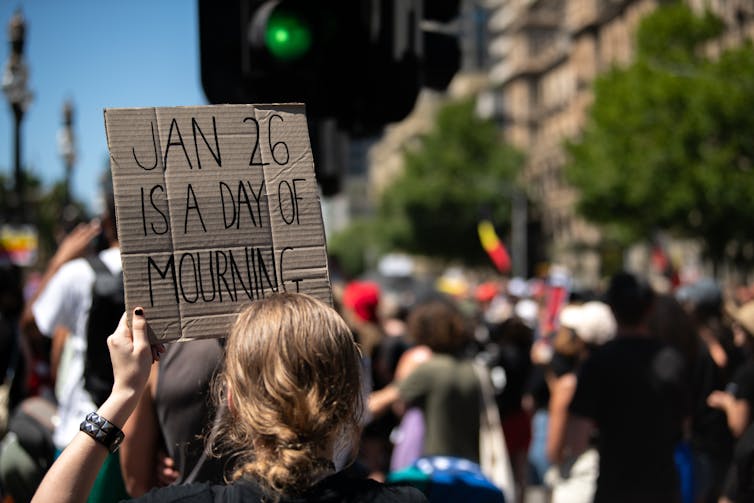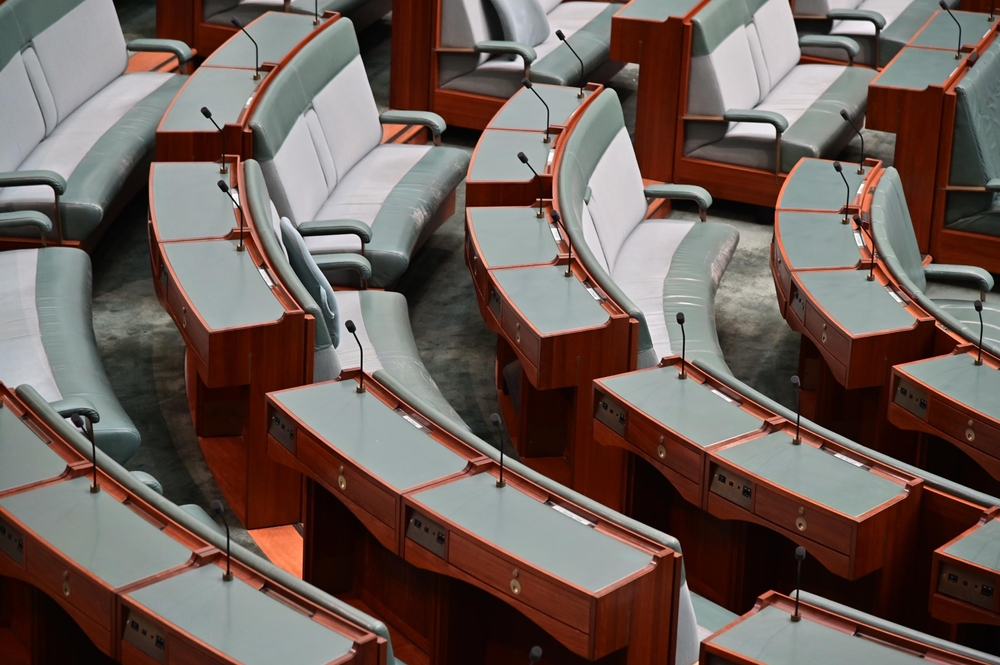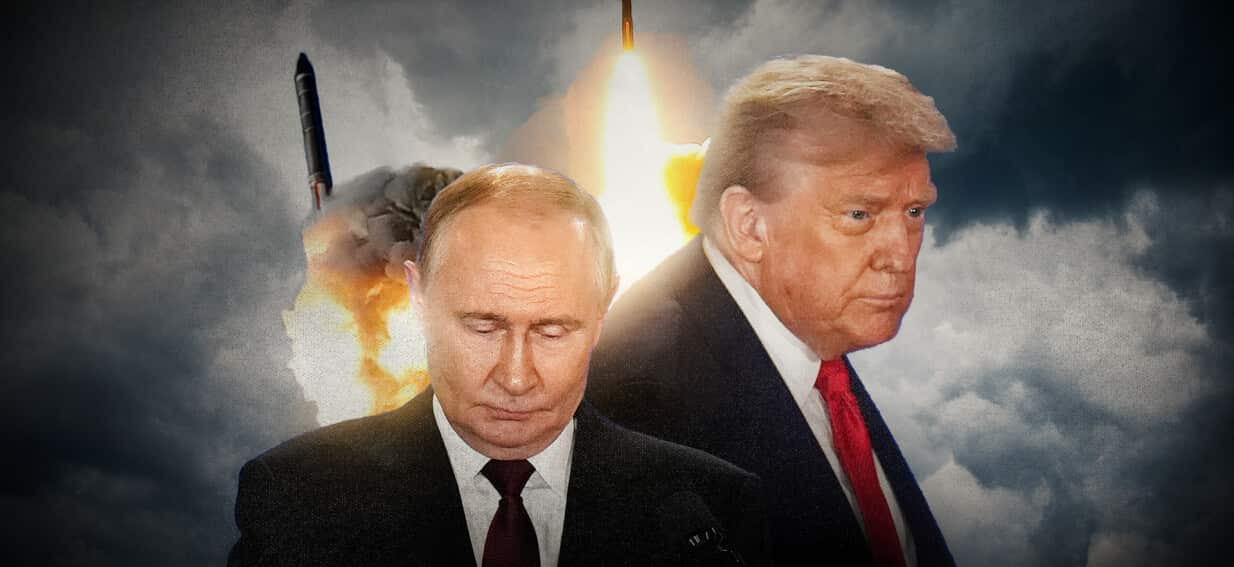
Elon Musk has stepped in to fund the legal defence of British anti-Islam activist Stephen Yaxley-Lennon, more widely known as Tommy Robinson, who is currently on trial facing charges under counter-terrorism laws. Robinson is accused of refusing to provide police with the PIN to his mobile phone during a stop at the Channel Tunnel in July 2024.
In a video shared on social media, Robinson claimed that Musk, the billionaire CEO of Tesla and SpaceX, had “picked up the legal bill for this absolute state persecution.” Musk has previously engaged with Robinson’s messages on social media platform X, and even appeared at a recent rally organized by Robinson in London via videolink, which attracted approximately 150,000 attendees.
Background of the Case
Robinson, aged 42, was detained by police under counter-terrorism powers while driving a silver Bentley through border security at the Channel Tunnel train terminal in southeast England. Prosecutor Jo Morris stated that the officer suspected Robinson due to the high-value car, his evasive behaviour, and the fact that he was travelling alone to Benidorm in southern Spain.
When approached, Robinson’s mobile phone was seized, and he was asked to provide the password. He refused, arguing that as a journalist, the phone contained privileged information. This refusal is at the centre of the charges against him, which he denies.
Public Reactions and Implications
Robinson has become a polarizing figure in the UK, hailed by some British nationalists as a champion for anti-migration policies, while critics label him a far-right provocateur with a history of criminal convictions. He argues that he is being targeted by the state for exposing misconduct, claiming that his legal troubles are politically motivated.
The ongoing trial at Westminster Magistrates’ Court is expected to conclude on Tuesday. Robinson maintains his innocence, denying that he wilfully failed to comply with a duty imposed by the Terrorism Act. The outcome of this case could have significant implications for his future and the broader discourse surrounding free speech and national security in the UK.






